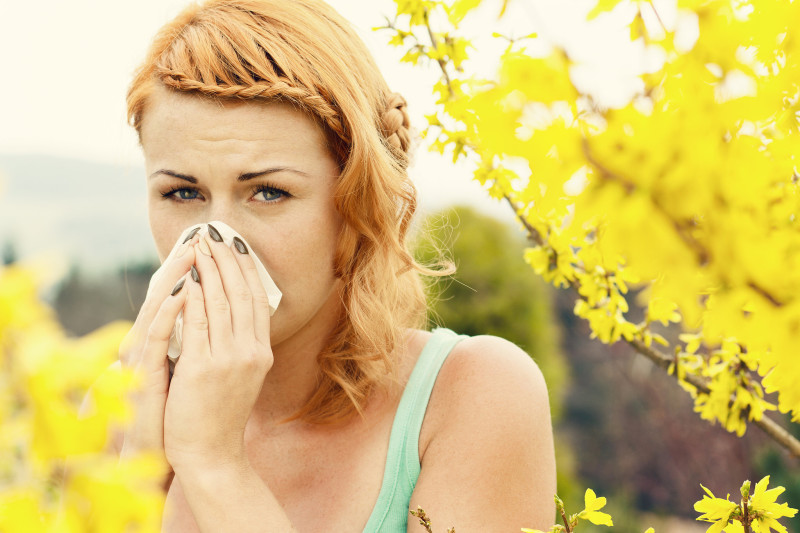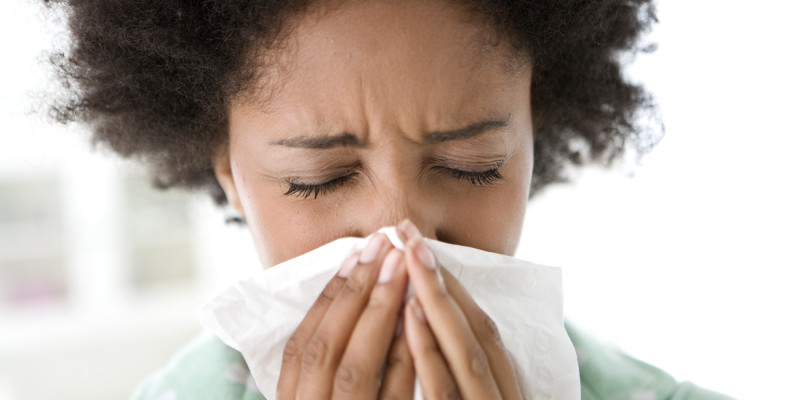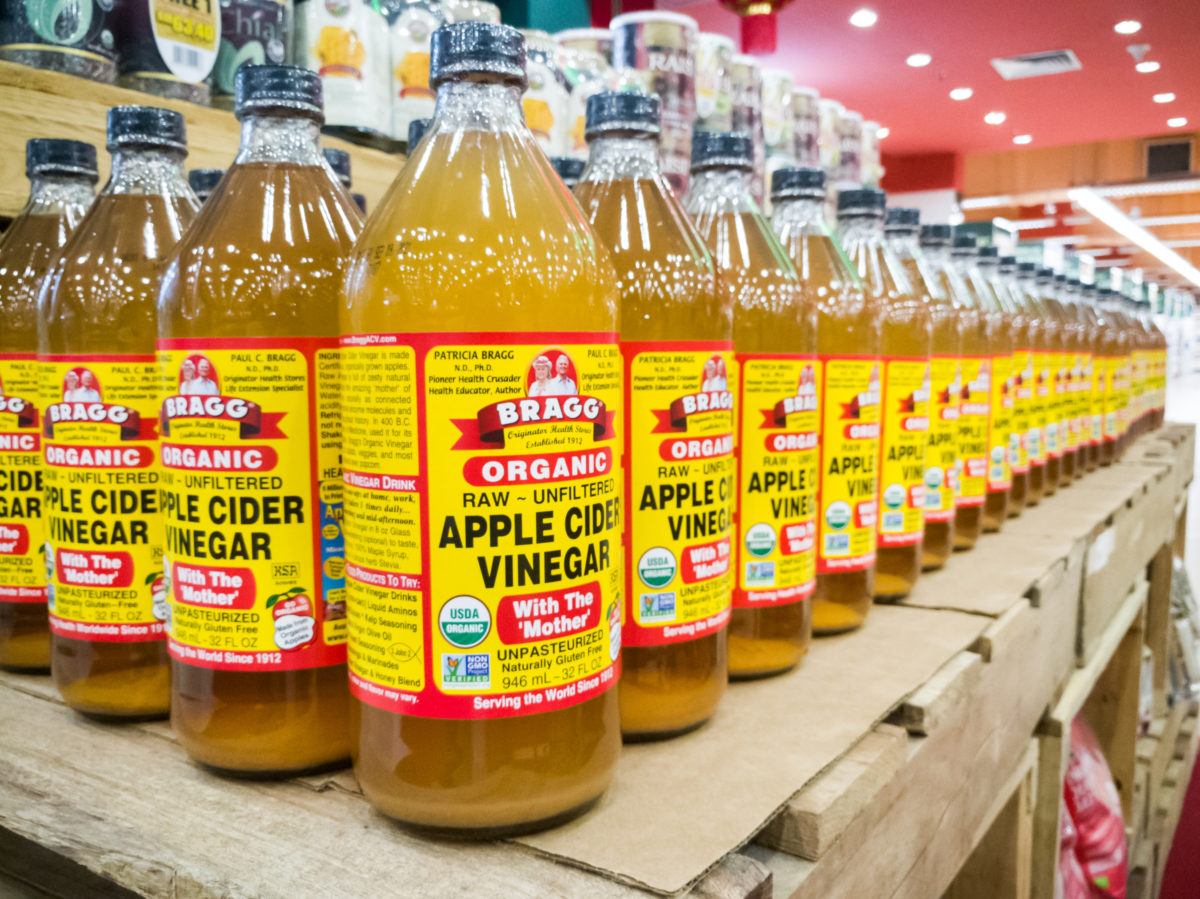You may have heard that having pets is therapeutic for adults, leading to less depression and longevity. Now there’s evidence that pregnant moms and their babies can benefit from having a furry friend around!
A study was completed of over 700 mothers who had a dog or cat in the home while they were pregnant and after giving birth. The babies who were exposed to pets had significantly higher levels of two gut bacteria (Oscillospira and Ruminococcus) compared with babies who did not have pet exposure.
These gut bacteria are already known to be beneficial in protecting against various allergies, as well as obesity! Once these babies are exposed to the bacteria, especially from dogs, their guts become colonized, making them less likely to develop these chronic health problems for years to come.
Even before birth, babies benefit from pets. Moms who had a pet in the home during pregnancy are significantly less likely to pass on Group B Strep during childbirth! During pregnancy, women are routinely tested for Group B Strep, as passing it on to the newborn can result in severe infection that causes pneumonia or meningitis.
Some bacteria are bad for us (like Group B Strep), and some bacteria in the gut are protective (hence the probiotic craze). Instead of taking a supplement each day, kids can have their guts colonized just by having furry friends around as newborns!
Domestic pets carry these “good” bacteria and babies pick it up from them. Disease causing bacteria, however, are extremely rare to transfer from species to species in the home.
So many people think that pets bring in disease to the home. This is a great example of how other species can share beneficial bacteria with our kids. I can’t wait for more research to be done on older children and how adding pets to a home without one can affect our immunity.
Besides teaching kids empathy and how to care for other beings, we can add health benefits to the family pet!
 English
English French
French German
German





